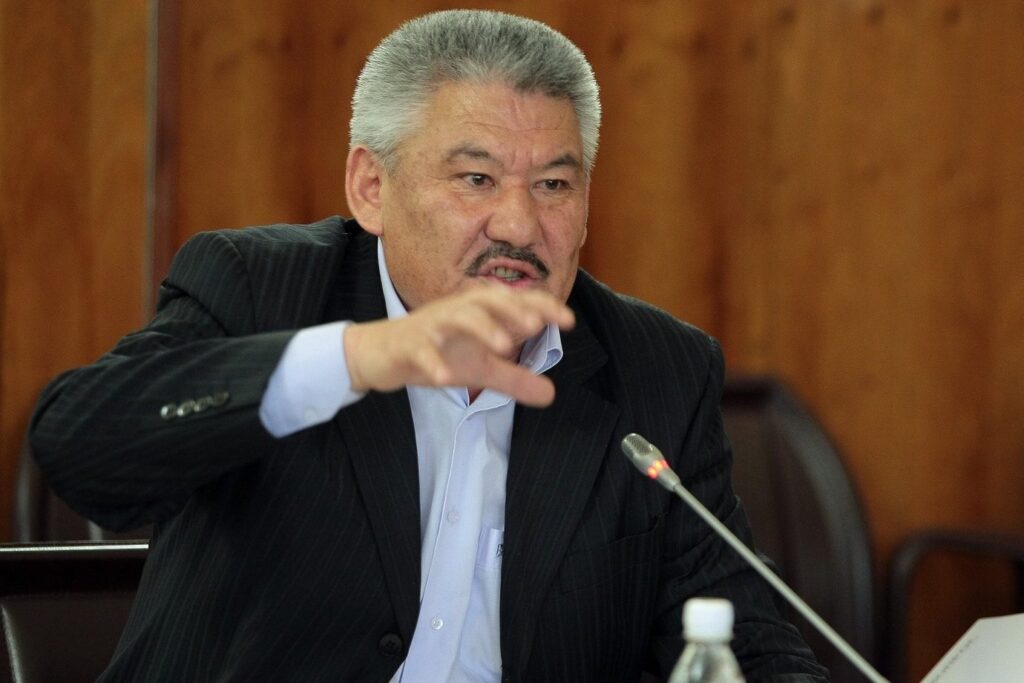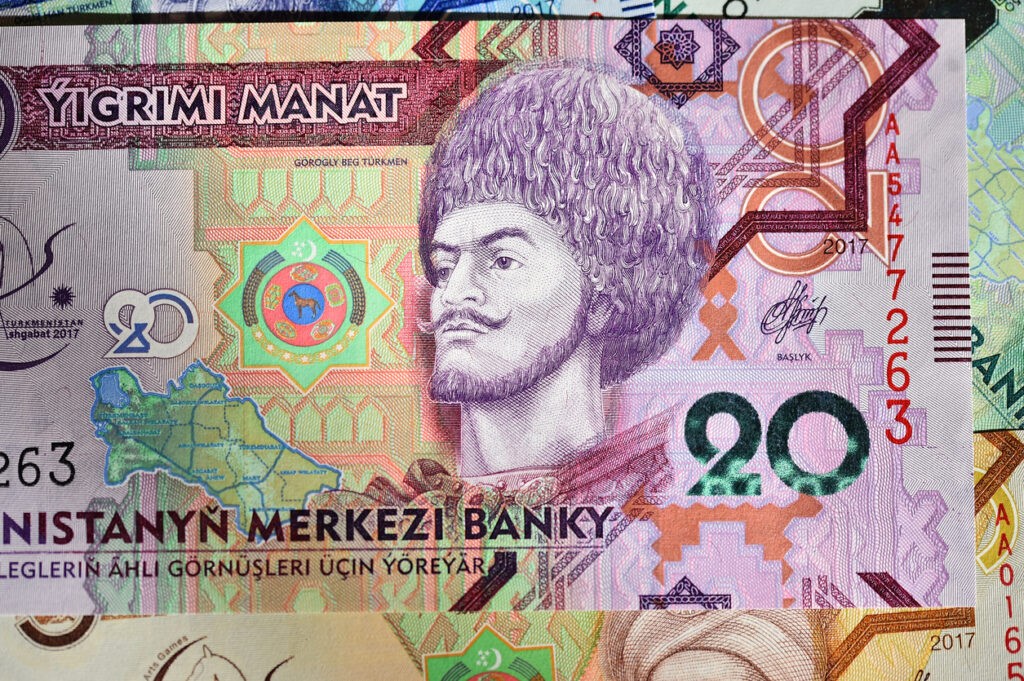Former Prosecutor General Beknazarov Detained in Kyrgyzstan
A former member of the Provisional Government and former Prosecutor General, Azimbek Beknazarov, has been detained in Kyrgyzstan. The State Committee for National Security (SCNS) said he is suspected of embezzling significant sums of money. The money in question was seized in April 2010 from bank boxes and the Government House during the revolutionary events. The investigation found that Beknazarov, then a member of the Provisional Government, was involved in the theft of these funds through the purchase of expensive real estate in Kyrgyzstan, including in Issyk-Kul, Bishkek, and the Chui and Jalal-Abad regions. “On September 12, 2024, A. Beknazarov was detained and placed in the temporary detention facility of the SIZO of the SCNS KR on suspicion of committing a crime under Article 222 part 3 p.3 of the Criminal Code of the Kyrgyz Republic (Legalization, laundering of criminal proceeds in large amounts),” the SCNS said in a statement. According to the investigation, the funds were allegedly seized from several bank boxes with the permission of the Bishkek prosecutor. At that time, $21 million belonged to President Kurmanbek Bakiyev's cronies. These funds were transferred to the National Bank for safekeeping. However, according to unconfirmed reports, the seized funds may have reached $100 million, which led to rumors that some money did not get into the vault. Azimbek Beknazarov is one of the key figures in Kyrgyz political life. He served as Prosecutor General and Deputy Prime Minister of Roza Otunbayeva's interim government from 2005 to 2010. Beknazarov was also actively involved in the coups d'état of 2005 and 2010, for which he was nicknamed “the bulldozer of revolutions.” The politician was also among the defendants in the “Kempir-Abad case”, in which he was acquitted in June 2024 with his associates.
4 months ago






